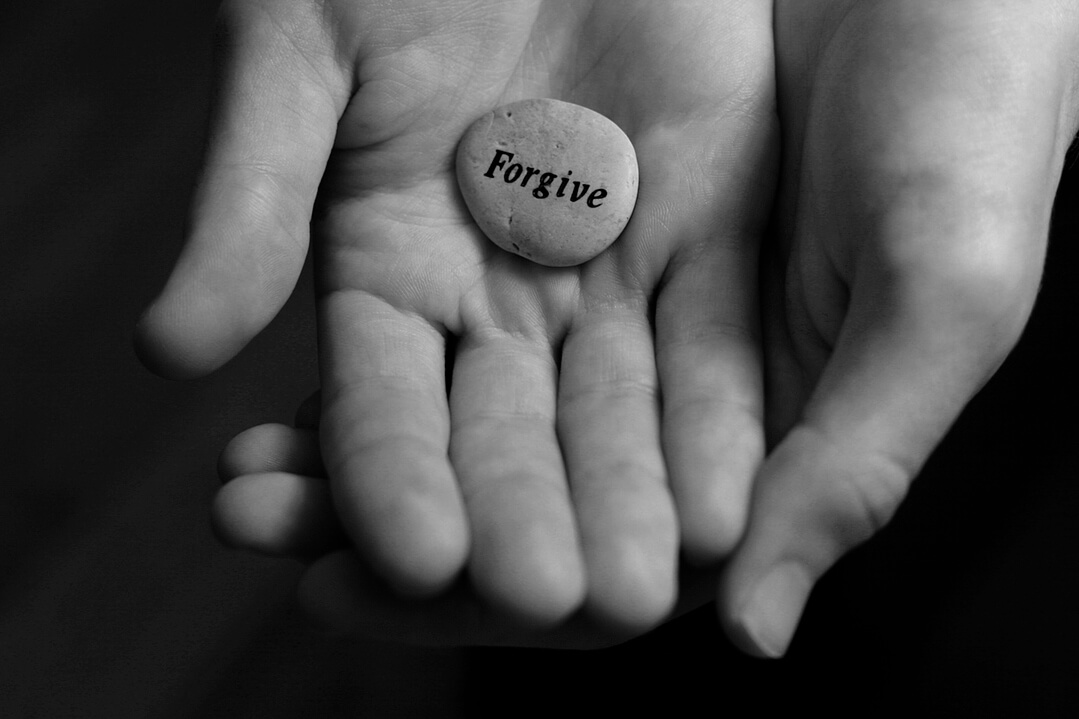The Two-sided Coin of Relationships
The Two-sided Coin of Relationships
You can’t have heads without having tails at the same time. There is no such thing as a positive without a negative, a villain without a hero, a Ying without a Yang. In our culture, we seem to always be forced to make a choice: black or white, left or right, up or down, Democrat or Republican, paper or plastic, right or wrong. But the truth is that life is a combination of them all. No one is truly right or truly wrong, completely altruistic or entirely hypocritical. We are all walking contradictions at one time or another. We just don’t see it. And the more the Spirit has me studying relationships, behavior, and how the human psyche works – with the purpose of how to walk out this Torah-based New Covenant – the more I can see just why we humans make the decisions we do from a biblical perspective. I have concluded that we are all blind, emotional beings who simply can’t stand the fact that everyone is not like us. It’s that simple.

According to Janis Abrahms Spring’s book, How Can I Forgive You? the very things we cannot stand in someone else are the same characteristics that create the things we love about them. In other words, a bold, straightforward person who gets things done by taking the bull by the horns when no one else will, can also hurt people by being too blunt. The very person who has the courage to run off the bad guys and stand on principle can accidentally run over innocent bystanders, as well. The head is also the tail. It’s a two-sided coin for a reason. You cannot have one without the other. The attractive qualities go hand-in-hand with the unattractive ones.
There is a proverb in the Scriptures that fits this concept perfectly: “Where there is no oxen, the manger is clean; but much increase comes from the strength of the ox” (Proverbs 14:4). In other words, someone who has a strong personality can oftentimes be a great leader, accomplishing much toward an established purpose or goal. But that same person can sometimes leave a mess in the process. It is our job as believers and covenant keepers to understand this paradox because it lives within all of us. We must give the grace necessary so God’s ultimate purpose can be realized on this earth.
The same principle goes for someone who is timid, full of compassion, and merciful. On one hand, that person is a delight to be around in small group settings and is one of the most vital components in the body of Messiah. But that same person becomes a liability if they are expected to be upfront and leading a charge. A person who is shy and a good listener might also drive their spouse crazy because they never want to take risks. The very conservative nature that attracted you to them can sometimes be the thing you might not like so much later on. And understanding the two polarities is critical for making any relationship work. Dr. Spring says that we must start looking at everyone with a balanced lens and realize that there is no such thing as “all bad” or “all good.” We are all a mixture of both. Taking the time to see the positive in others may not make you like them any more than you do now, but it will allow you to accept them for who they are.
So the next time you’re faced with someone who rubs you the wrong way, look for their positive attributes and focus on them instead. If you’re forced to be around them, whether it be at work, social events, church, or because they’re family, looking for the positive can bring out the sun in the middle of an otherwise cloudy day. Giving grace, extending mercy, and having compassion are the most vital components of living out the Torah in our world today. We can learn all about the Scriptures and know how the world turns on its axis, but if we have not love, we have nothing.
Jim Staley
October 2019












